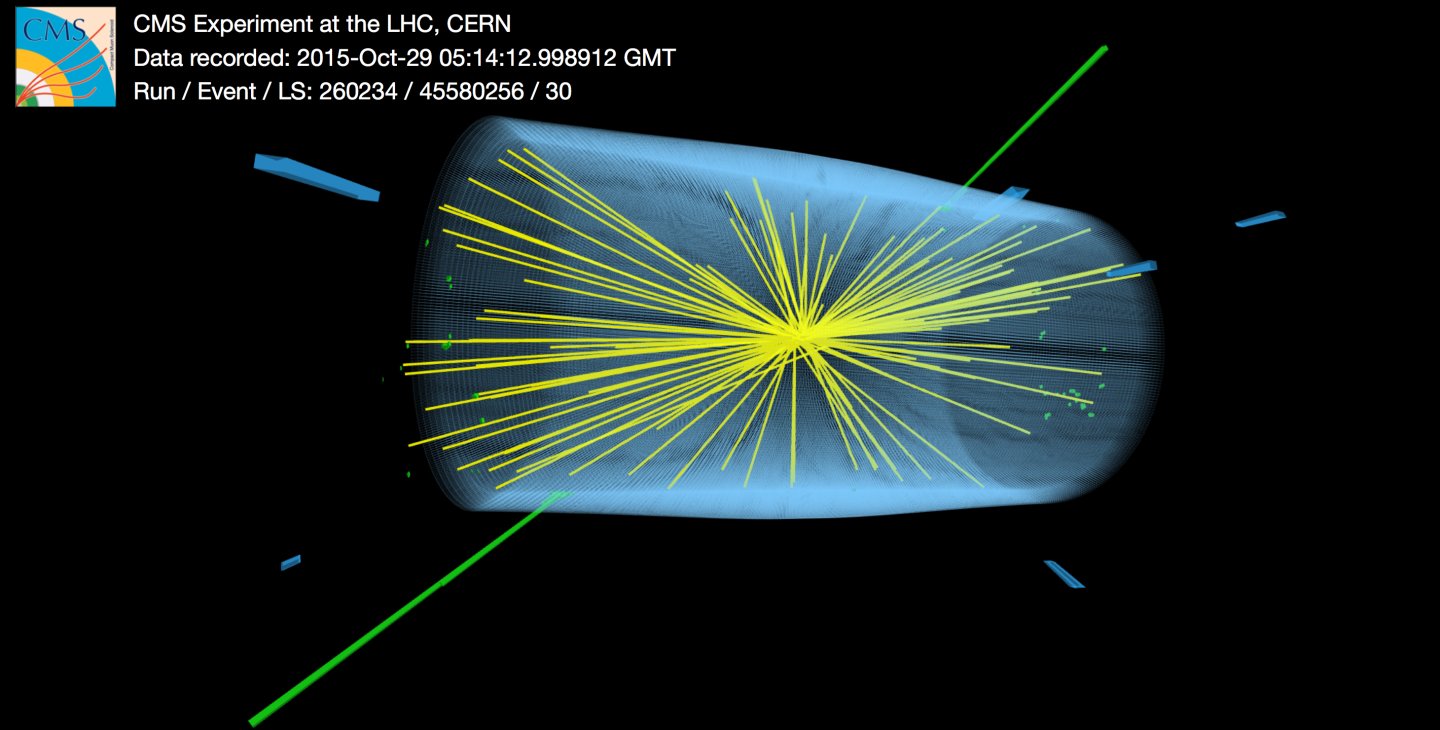The Rencontres de Moriond in La Thuile Italy, are traditionally the most important meeting place for particle physicists in winter. After last year’s restart of the Large Hadron Collider at unprecedented energy, and as Rencontres de Moriond celebrate their 50th anniversary, physicists gathered last week with much interest for the electroweak session, to look at the latest results from the LHC experiments. Analyses presented during the week included measurements of the Higgs boson using last year’s LHC 13 TeV data, an eagerly anticipated update on diphoton resonances search, precision measurements of Standard Model processes, and new searches for supersymmetric particles and dark matter.
The week started with many results in the heavy flavours area, where one of the main highlights came from the LHCb experiment. Looking at their data, physicists of the LHCb collaboration could not spot any evidence for the existence of X(5568)– a tetraquark particle candidate recently reported by Fermilab’s DZero collaboration. LHCb and DZero collaborations will work together to investigate further, following this interesting outcome.
ATLAS also presented their full Run 1 result of a search for the extremely rare decay of a Bs meson to a muon pair.
The decay was observed by CMS and LHCb in 2014 from a combination of their datasets. The ATLAS analysis resulted in a signal that is smaller than expected, but still compatible with the Standard Model.
After a lot of hard work to calibrate and characterize the data collected, both ATLAS and CMS provided an update on an intriguing result first presented last December: a small excess above background in the diphoton channel near a mass of 750 GeV, which could mean, if confirmed, the existence of a new unexpected particle.
With refined analysis, the “bump” in the data is still there, but the statistical significance of the result still remains too low to be conclusive. Physicists must wait for the imminent restart of data collection before they can investigate further, as the LHC has been in its winter pause over the last weeks. Physicists will have to wait for summer conferences, such as ICHEP 2016 in Chicago, to possibly get excited again.
For more highlights from Moriond, see the latest from the ATLAS, CMS and LHCb experiments and from Symmetry Magazine.

